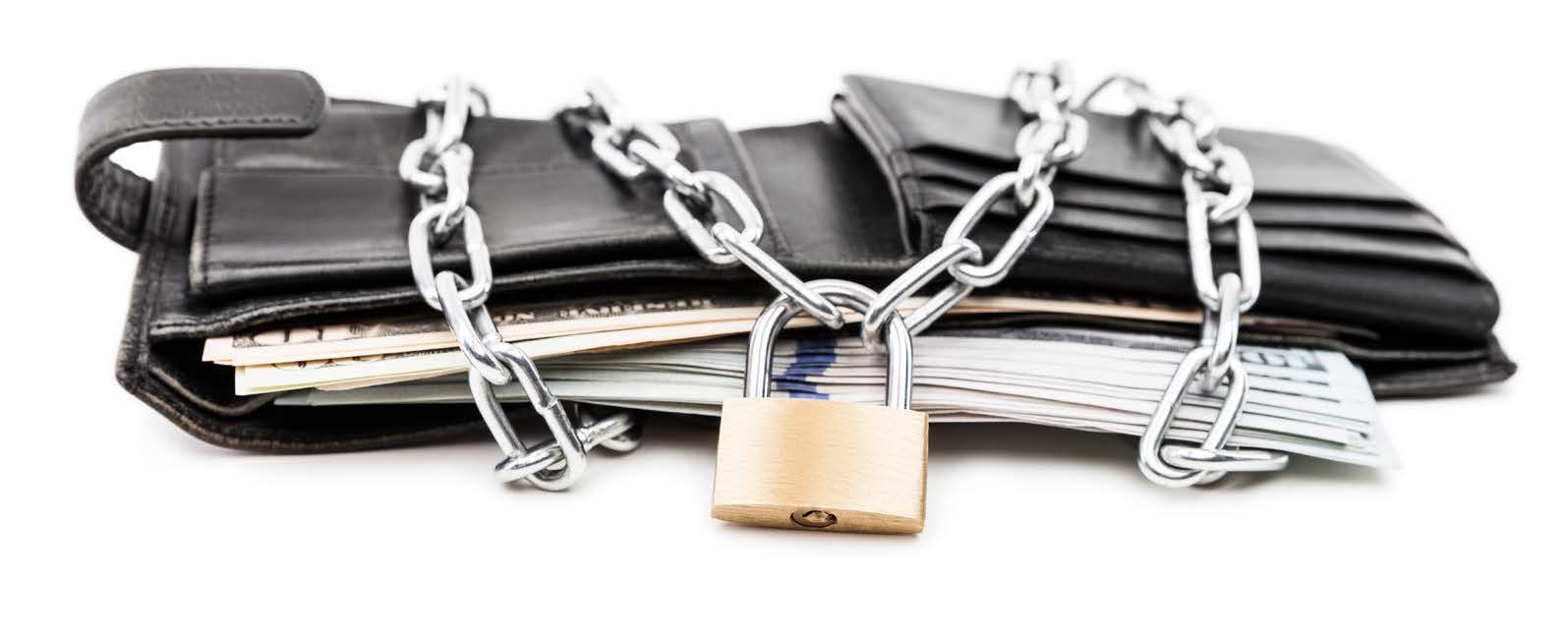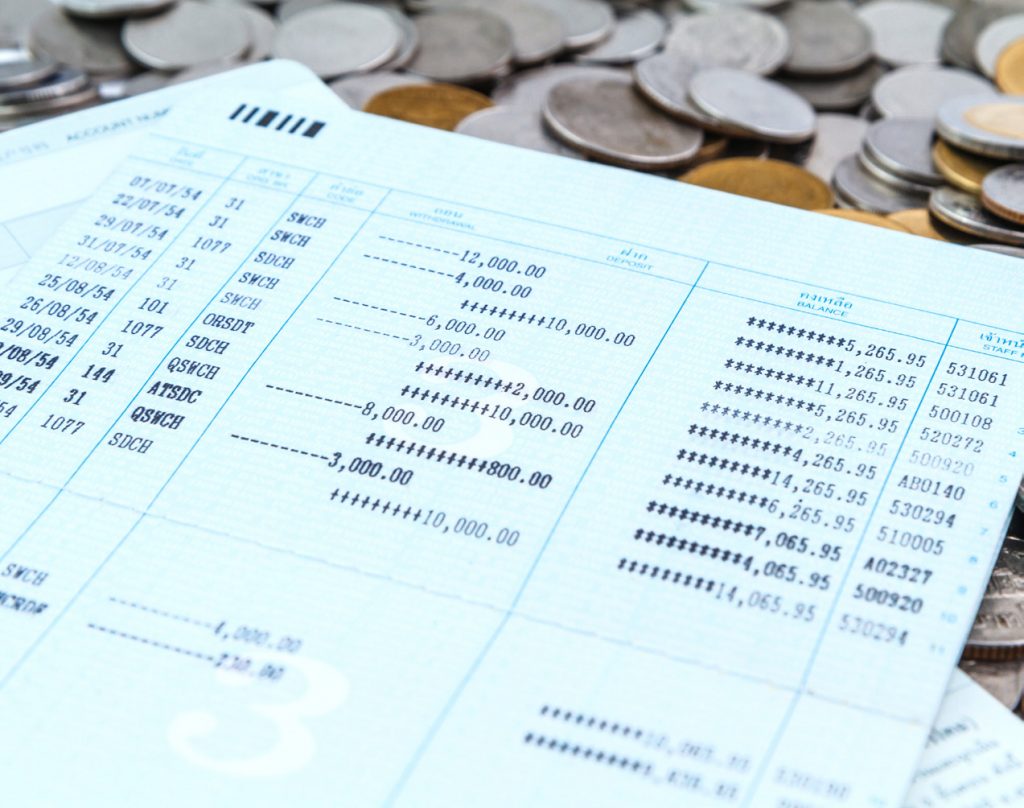- Arbitration
- Banking & Finance
- Capital Markets
- Commercial
- Competition
- Construction & Infrastructure
- Corporate / Mergers & Acquisitions
- Corporate Services
- Corporate Structuring
- Digital & Data
- Dispute Resolution
- Employment & Incentives
- Family Business & Private Wealth
- Innovation, Patents & Industrial Property (3IP)
- Insurance
Find a Lawyer
Book an appointment with us, or search the directory to find the right lawyer for you directly through the app.
Find out more
Level Up: Unlocking Financial Potential In The Middle East
Welcome to this edition of Law Update, where we focus on the ever-evolving landscape of financial services regulation across the region. As the financial markets in the region continue to grow and diversify, this issue provides timely insights into the key regulatory developments shaping banking, investment, insolvency, and emerging technologies.


2025 is set to be a game-changer for the MENA region, with legal and regulatory shifts from 2024 continuing to reshape its economic landscape. Saudi Arabia, the UAE, Egypt, Iraq, Qatar, and Bahrain are all implementing groundbreaking reforms in sustainable financing, investment laws, labor regulations, and dispute resolution. As the region positions itself for deeper global integration, businesses must adapt to a rapidly evolving legal environment.
Our Eyes on 2025 publication provides essential insights and practical guidance on the key legal updates shaping the year ahead—equipping you with the knowledge to stay ahead in this dynamic market.
The leading law firm in the Middle East & North Africa region.
A complete spectrum of legal services across jurisdictions in the Middle East & North Africa.
-
Practices
- All Practices
- Banking & Finance
- Capital Markets
- Commercial
- Competition
- Construction & Infrastructure
- Corporate / Mergers & Acquisitions
- Corporate Services
- Corporate Structuring
-
Sectors
-
Country Groups
-
Client Solutions
Today's news and tomorrow's trends from around the region.
17 offices across the Middle East & North Africa.
Our Services
 Back
Back
-
Practices
- All Practices
- Banking & Finance
- Capital Markets
- Commercial
- Competition
- Construction & Infrastructure
- Corporate / Mergers & Acquisitions
- Corporate Services
- Corporate Structuring
- Digital & Data
- Dispute Resolution
- Employment & Incentives
- Family Business & Private Wealth
- Innovation, Patents & Industrial Property (3IP)
- Insurance
- Intellectual Property
- Legislative Drafting
- Private Client Services
- Private Equity
- Private Notary
- Projects
- Real Estate
- Regulatory
- Tax
- Turnaround, Restructuring & Insolvency
- White Collar Crime & Investigations
-
Sectors
-
Country Groups
-
Client Solutions
- Law Firm
- /
- Insights
- /
- Law Update
- /
- September 2018
- /
- UAE introduces new Central Bank Regulation on Dormant Accounts
UAE introduces new Central Bank Regulation on Dormant Accounts
Murtaza Hussain - Associate - Banking and Finance

For several years, there have been public discussions about what to do with dormant accounts held by UAE banks. Many have called for a specific law setting out the process that should be adopted by banks to deal with unclaimed deposits in dormant accounts.
On 24 April 2018, the Central Bank of the UAE (‘the Central Bank’) announced the Dormant Accounts Regulation pursuant to Circular No. 10 of 2018 (‘the Regulation’). Since 2011 and prior to the Regulation, the only obligations on banks were to report the numbers of dormant accounts held in UAE, to the Central Bank. However, now the Regulation expands greatly on the scope of duties on banks. It answers some pertinent and previously unaddressed questions in respect of dormant accounts including the handling of dormant accounts and unclaimed balances; the establishment of a general framework for the control and protection of dormant accounts in UAE banks; and a process for enabling available balances of those accounts to be received by customers.
The Regulation has come into force one (1) month from its publication in the UAE Federal Official Gazette 631 dated 31 May 2018.
What are dormant accounts? What must banks do when they find dormant accounts?
The Regulation covers numerous of types of dormant accounts and sets out protocols for dealing with them.
1. Deposit Accounts
Criteria
- Personal Savings Account – there has been no transactions for a period of six (6) years;
- Fixed/Short Term Deposit Accounts With Automatic Renewable Clauses – there has not been any communication with the customer for more than five (5) years;
- Fixed/Short Term Deposit Accounts Without Automatic Renewable Clause – no renewal nor claim request has been made in a period of twelve (12) months; and
- Investment Accounts – there has been no communication from the customer for a period of twelve (12) months from the final maturity date.
Action
The bank must attempt to inform the customer of the dormant deposit account and if no response is received from the customer for a period of two (2) months after such an attempt, the bank must notify the Central Bank.
2. Unclaimed Bankers’ Cheques, Bank Drafts or Cashier Orders
Criterion
Unclaimed by the beneficiary or the customer for a period of one (1) year.
Action
The bank must publish a notice in two local newspapers (one in Arabic language and one in English language) giving details of the unclaimed amount if no response is received from the customer for a period of three (3) months after the publication, the balance should be transferred to the unclaimed balances’ account held by the bank.
3. Unpaid Dividends to the Bank’s Shareholders
Criterion
Dividends unclaimed for a period of one (1) year from the date of the dividend distribution announcement.
Action
The bank must publish a notice in two local newspapers (one in Arabic and one in English language) giving details of the unclaimed amount and if no response is received from the customer for a period of three (3) months after the publication, the balance should be transferred to the unclaimed balances account by the bank.
4. Unclaimed Contents of Safe Deposit Boxes
Criterion
The bank’s charges for a safe deposit box remains outstanding for a period of more than two (2) years.
Action
The bank must send a final notice to the customer’s last known address and publish a notice in two local newspapers (one in Arabic language and one in English language), if no response is received from the customer for a period of three (3) months after the notice and publication, the bank should apply to the court for an appointment of a person’ to supervise the opening of the box. A detailed list of the contents should be submitted to the Central Bank and if any of the contents are sold by way of a court order, the proceeds of such sale should be transferred to the unclaimed balances’ account. Actual charges (if any) incurred by the bank in the process can be deducted before transferring the proceeds to the unclaimed balances account.
Once an account has been deemed dormant and the bank has carried out its required actions pursuant to the Regulation, the bank may subsequently transfer the amounts held in each account and the unclaimed balances to a dormant account ledger, which is to be maintained by the bank in the form prescribed by the Regulation. The bank is also obliged to send a copy of the dormant account ledger to the Banking Operations Department and the Banking Supervision Department of the Central Bank.
 Transfer of Dormant Funds to the Central Bank
Transfer of Dormant Funds to the Central Bank
If an account remains dormant (and balances remain unclaimed) for a period of seven (7) years from the date of the last transaction and the amount in the account exceeds AED 3,000, banks should use the form prescribed by the Regulation to transfer the funds to the Unclaimed Balances Account that Dormant Accounts at the Central Bank. This is provided the customer has no other active accounts with the bank and the current address of the customer is unknown. No fees or charges may be levied on customers with a dormant account balance less than AED 3,000.
Claims by Customers for Funds in Dormant Accounts
The Regulation provides a customer with the right to make a claim to recover funds held in a dormant account and unclaimed balances by approaching the bank. The Regulations further require the bank to settle recovery claims within one (1) month unless there is a valid reason for delay.
Obligations on the Banks
Banks must ensure that customers’ profiles are updated, as instructed via the Central Bank’s regulations, in respect of anti-money laundering procedures. They must also periodically advise their customers in order to reduce the number of dormant accounts. The Regulation requires that banks carry out an annual review of such accounts and contact the customers through letters, telephone calls, SMS alerts and emails, if as possible. Also, advise them of the dormancy and the need to activate the account.
Banks must develop suitable systems to facilitate closing or activating a dormant account with ease. No fees or charges should be levied for re-activation or closing such accounts.
All dormant accounts and unclaimed balances accounts must be fully reconciled on a monthly basis (at least) and are subject to review by the external auditor annually.
“The Regulation not only addresses this by standardizing the management of dormant accounts and unclaimed balances for all banks in the UAE, but it also conforms to the international best practices, eliminates the possibility of banks converting dormant accounts’ balances into income, and strengthening risk management and internal control processes.”
Protection of Customers’ Rights
The Regulation stipulates that money in a dormant account will remain the property of the account holder, or his/her legal heirs, if the account holder has died. Interest will continue to accrue on interest bearing accounts, depending on the terms of the contract between the bank and no incidental charges should be levied on such dormant account. No debits or system based charges must be levied on dormant accounts. However, credits received must be deposited in the accounts. Such credits would not interfere with the dormancy of an account.
Conclusion
Prior to the issue of the Regulation there was a degree of uncertainty around dormant accounts as each bank adopted a different approach to dealing with them. The Regulation not only addresses this by standardizing the management of dormant accounts and unclaimed balances for all banks in the UAE, but it confroms to the international best practices, eliminates the possibility of banks converting dormant accounts’ balances into income, and strengthening risk management and internal control processes.
Al Tamimi & Company’s Banking & Finance team regularly provides regulatory advice in relation to the UAE Central Bank. For further information please contact Divya Abrol Gambhir (d.abrol@tamimi.com) or Murtaza Hussain (m.hussain@tamimi.com).
Stay updated
To learn more about our services and get the latest legal insights from across the Middle East and North Africa region, click on the link below.


